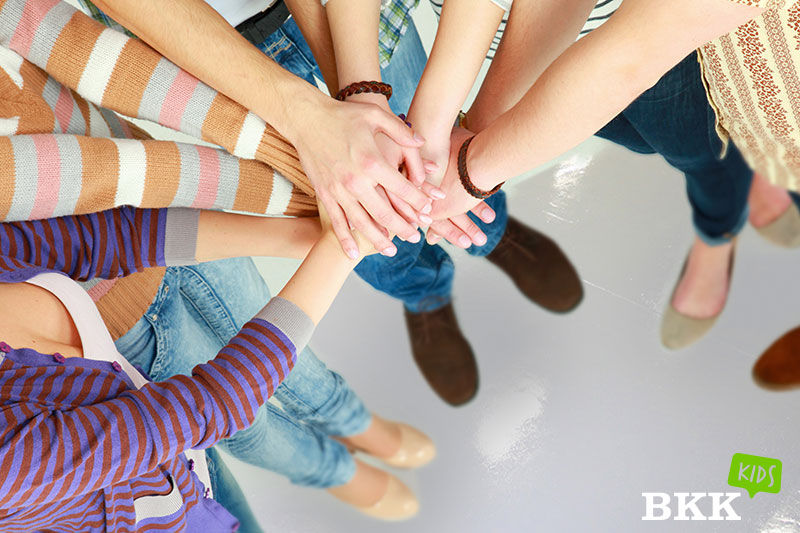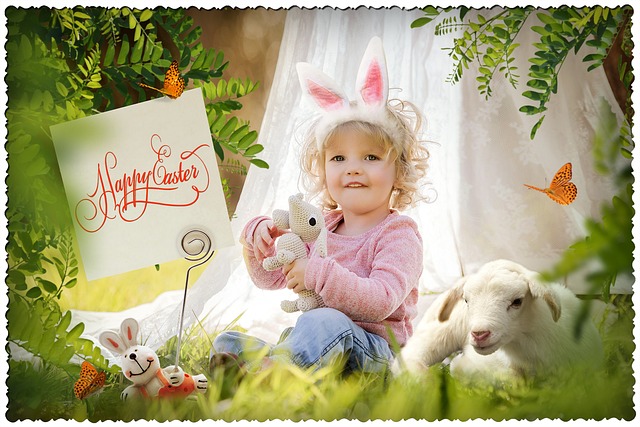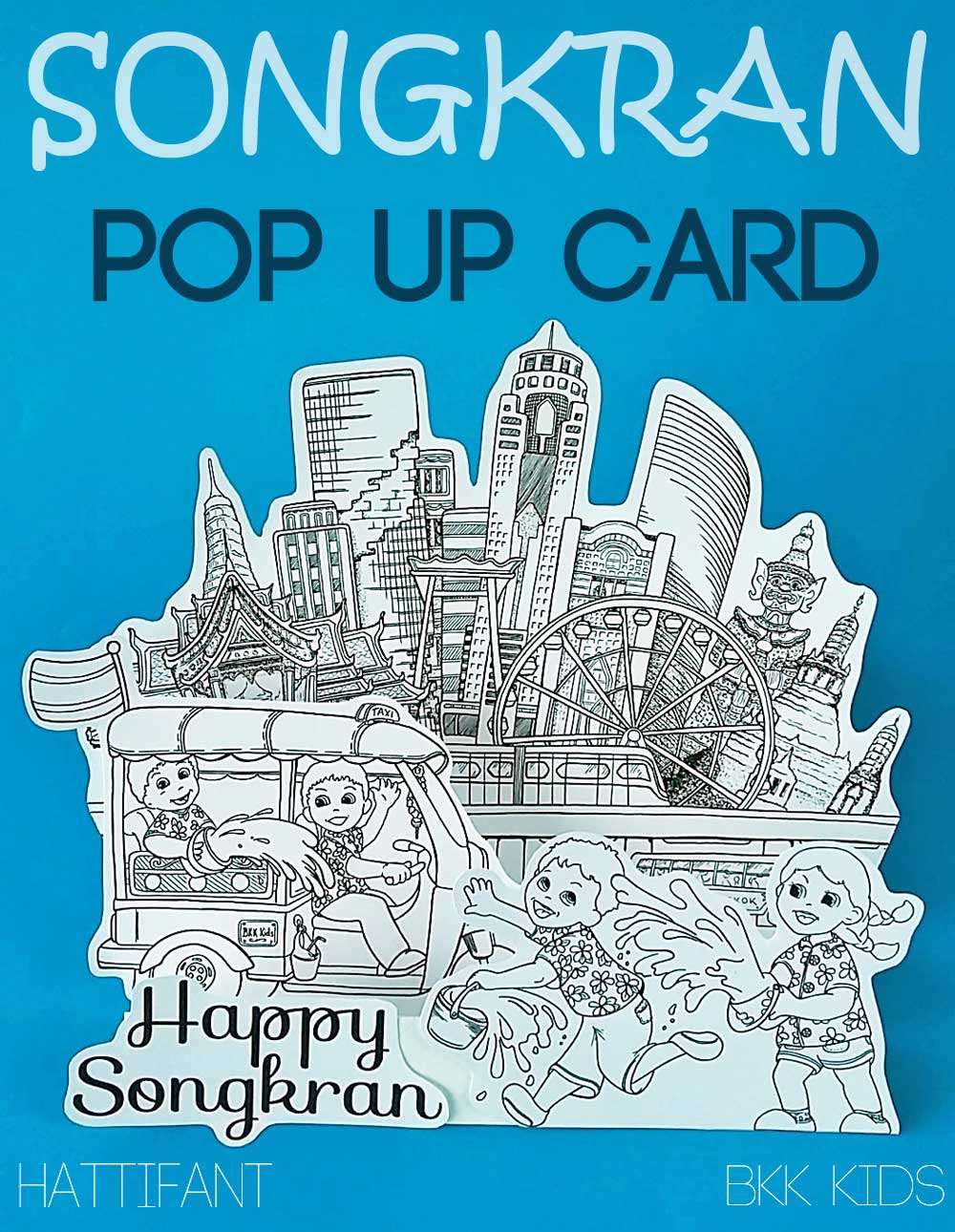For some kids, this time of year brings the annual ritual of saying good bye to friends who are sailing off into the sunset, only to be seen again moments later by Snapchat, Instagram, FaceTime, or that old fashioned medium…e-mail! We talk a lot about taking care of the experience of leaving, but what of the experience of being left behind?
As children grow older, and their real-time social lives becomes more and more independent of their parents, parents and caregivers have an opportunity to recognize the challenges that come with saying goodbye. Key to going through healthy change is helping your child integrate the experience. Expecting kids to just ‘make new friends next year’ or ‘you’ll see them again, don’t worry’ doesn’t honour the grief and loss feelings which can come up with each new separation.
Even when the experience of being left behind is familiar, we still owe it to them, and to ourselves, to ensure there is a clear recognition and appreciation for the role that friend had in your child’s life.
A few ways to do this:
- Create a memory book (online or together as a an scrapbook project)
- Have t-shirts, tote bags, or hoodies printed with ‘BFF’ type messages on them
- Set up monthly Skype dates with the kids – especially if the whole family is close
With social media making ‘closure and goodbye’ an entirely new construct, our psyches and our sense of place in the world can still be shifted into positive acceptance by physical rituals, objects, and events. Your child may use Snapchat or other apps to connect, and have a 100 day or longer ‘snapstreak’ with the friend who is leaving – if that’s the case, do they really need to do something to mark the friends departure? In my opinion, yes.
Letting our bodies and hearts come to a place that recognizes the emotions that arise with separation is important. Practicing being present with goodbyes allows us to know our own strengths and capabilities in the face of loss. Loss will always be part of building relationships, there’s some awful truth to the cliché that we can’t love without knowing the pain of losing. Allowing and supporting the child who stays to experience the fullness of that loss can increase capacity, resilience, and perspective.
If your child is exhibiting worrisome signs (prolonged changes in sleeping, eating, low mood, or communication difficulties), it may be worth checking in with your school counsellor or another professional to gain some insight and other tools to assist with this transition time.
About the Author
Erica Dolsen is a counsellor and social worker, with a private practice in Bangkok and online. She specializes in working with adolescents and pre-teens, and has significant experience supporting people in recovery from addiction.
It’s her belief that everyone deserves to be heard and seen, in order to integrate growth and facilitate positive change. She works with evidence based practices such as CBT, bodily-inquiry and mindfulness, and various tools from the wisdom traditions of the world. She can be found @dolsencousel on social networks, or at www.dolsencounsellingservices.com.
Register your email address here and we’ll notify you when a new article gets uploaded.














